I recently received an email about carbohydrate content in CET chews. I contacted the manufacturer to confirm that there are indeed very little carbohydrates in these dental chews, but I thought this would be a good time to discuss carbohydrates for diabetic pets.
Kitties are true carnivores and do very well on low carbohydrate diets. The insulins we tend to use on cats (glaurgine, PZI) are long lasting. Cats tend to nibble on their food throughout the day, and diabetic cats have fewer glucose spikes when fed low carbohydrate foods. Low carb diets are the diet of choice for most diabetic cats.
Dogs, on the other hand, are omnivores. Of course we don’t want to give a dog a Snickers bar, but carbohydrates are not the enemy. Quality complex carbs are important for a diabetic dog’s diet. The insulins we typically choose for dogs are intermediate acting as dogs tend to meal feed rather than nibble throughout the day. If you wish to give your dog a special treat (such as a CET chew), you might choose to give it just before or just after the meal. Perhaps decrease the amount fed at that meal to keep consistency with your pet’s diabetic routine. Treats given in between insulin doses might cause an unwanted spike in the pet’s blood glucose.
I was recently chatting with a friend who had just joined Weight Watchers. She is a highly functional and intelligent woman, yet she didn’t understand the difference between “good carbs” and “bad carbs”. Put simply, the more refined a carbohydrate is, the faster it will cause the blood glucose to rise. For example, white bread will cause a glucose spike more quickly than whole grain bread. A sugary snack will cause the blood glucose to rise rapidly. Broccoli and other green veggies would have very little impact on the blood glucose. For diabetic dogs, we try to avoid highly refined and sugary carbohydrates and opt instead for complex carbohydrates. If you feel compelled to give your diabetic dog a simple carb, at least give it around meal time to avoid a mid-day glucose spike.
Perhaps this is a good time to remind ourselves about our own eating habits. Dogs typically want whatever we (their humans) are eating. I highly doubt they get cravings for donuts or cheese burgers. If we don’t keep “junk food” in the house we are less likely to eat it, and we are therefore less likely to give any to our pets with their soft brown pleading eyes. If we eat sugary snacks and pastries, our taste buds don’t appreciate the natural sweetness in apple slices or baby carrots. It’s just a thought.
NOTE: Consult your veterinarian to confirm that my recommendations are applicable for the health needs of your pet.
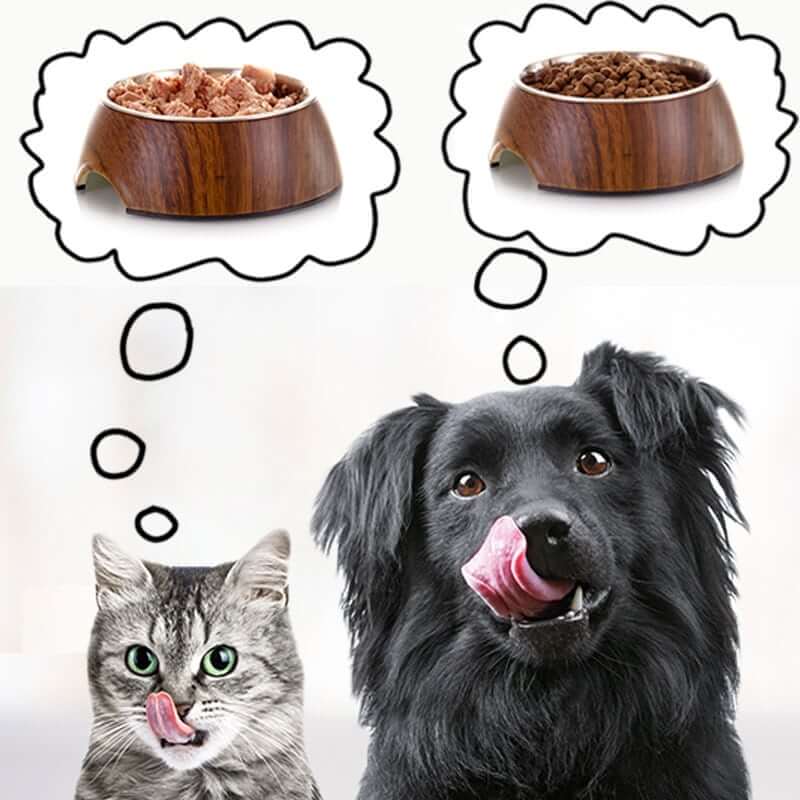
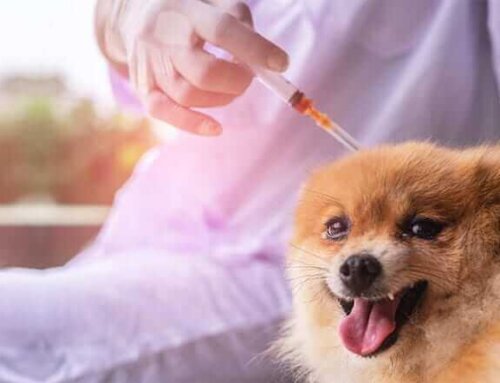

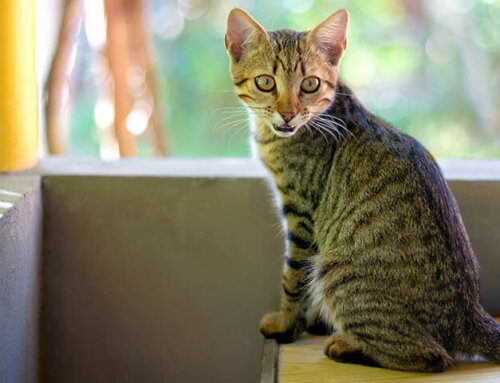


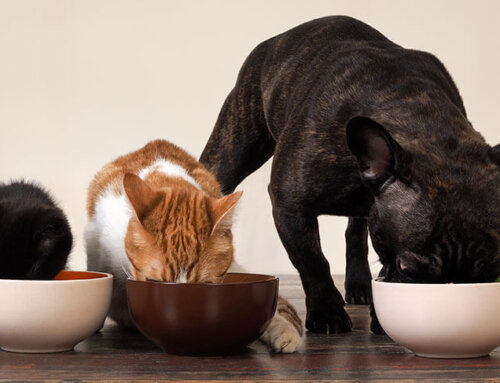
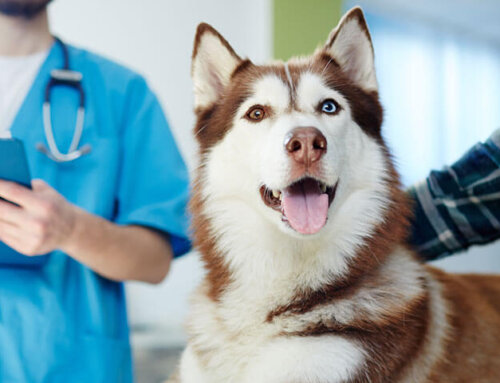


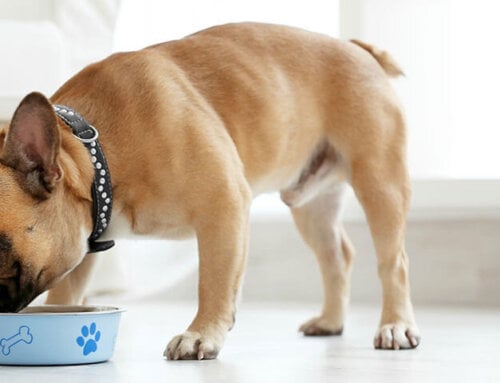
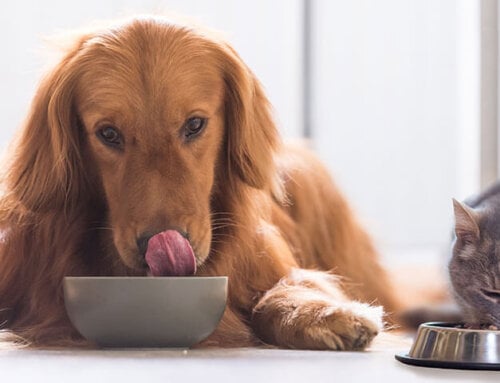

I need to find out what I can feed my diabetic dog that carbs won’t make his levels so high thanks
Chatwith your vet about any coexisting conditions that your pet may have. For example, if your dog is diabetic secondary to chronic pancreatitis you’ll want a low fat food. Complex carbs cause the blood glucose to rise more slowly than simple carbs. Complex carbs can also help a dog feel full (which is often an issue for diabetics). We feed kitties low carb diets when they are diabetic, but we’ve not found the same success in going “low carb” for diabetic dogs. We avoid simple carbs for diabetic dogs. Often times diabetic dogs are pudgy, so for those dogs they might want a low fat diet high in soluble and insoluble fiber. No 2 diabetic dogs are the same. Chat with your vet. 🙂